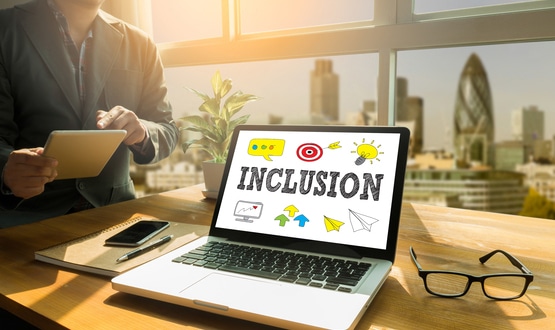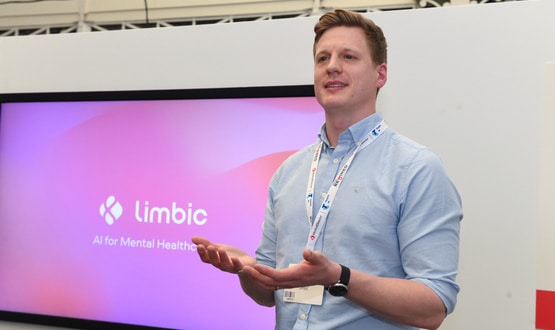CW+ north west London digital inclusion programme evaluated

The £1.1 million North-West London Digital Inclusion programme, led by CW+ has successfully provided digital inclusion services to more than 2,000 vulnerable people in the region.
CW+ funded three digital inclusion pilots within north-west London, as part of the NHS Charities Together Stage 2 (community partnerships) Covid Recovery Programme. These pilots were designed to deliver digital access to health, care and community resources for those lacking digital literacy skills. Through the pilots CW+ provided vital training, data and devices to vulnerable people to boost their wellbeing and improve their quality of life.
The three pilots were: DigitALL, a charity consortium in the Tri-borough area (City of Westminster, London Borough of Hammersmith and Fulham, Royal Borough of Kensington and Chelsea), led by Open Age; Powering Recovery, led by the West London NHS Trust; and Hiyos Live Channel, led by Hiyos GP practice in Hounslow.
DigitALL targeted older adults and adults with learning disabilities to provide devices, data and skills training. Similarly Powering Recovery worked with patients to provide greater choice between digital and face-to-face health services. The Hiyos Live Channel pilot delivered online content on topics relevant to addressing health inequalities, starting with work experience sessions on NHS careers.
Evaluating the pilots
An evaluation by Imperial College Health Partners into the effectiveness of the pilots found that the DigitALL pilot saw the greatest improvements in both confidence and frequency of using the internet. By the end of the pilot, 100% of the participants were using the internet at least weekly – compared to just 20% at the start of the pilot.
Powering Recovery also saw an increase in internet use by the end of the programme, rising to 100%, up from 65% at the beginning. More than 90% of the participants also said they had learned useful skills on the pilot.
In addition, levels of wellbeing had significantly increased. Before the pilots took place the participants’ levels of wellbeing were measured as 32% (DigitALL) and 37% (Powering Recovery). This was lower than the general wellbeing in the home boroughs. By the end of the pilots, wellbeing levels had reached 65% for DigitALL participants and 78% for Powering Recovery participants.
Chris Chaney, chief executive of CW+, said: “During the Covid-19 pandemic many essential services moved online, which highlighted an already significant gap in digital literacy among some of the most vulnerable people in north-west London. This programme, supported by NHS Charities Together, sought to address that and we are delighted to have made such a positive impact on so many people.
“We are hugely grateful to our partners for their hard work in building participants’ digital skills and confidence over the past two years. The results of the evaluation show the important role digital literacy training plays in addressing health inequalities, and our hope is that the findings from this project will be picked up and adopted in other areas.”
The DigitALL project was one of 10 finalists for the Digital Skills or Talent Initiative of the Year category in the Digital Leaders 100 awards show and the pilot has now secured funding for a further year.



